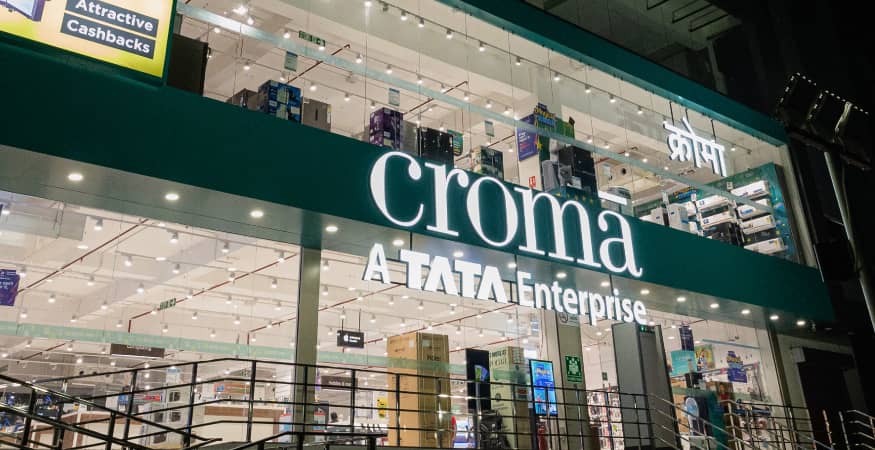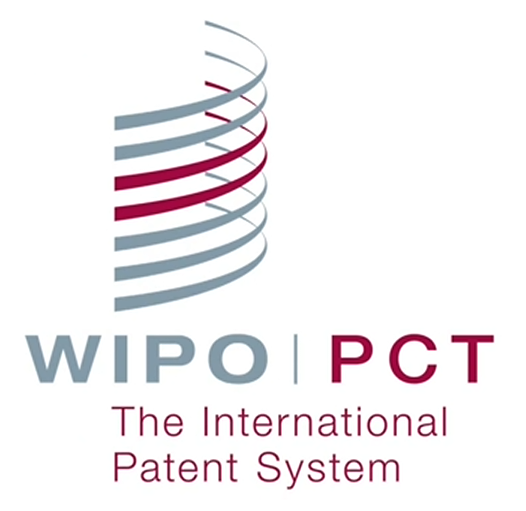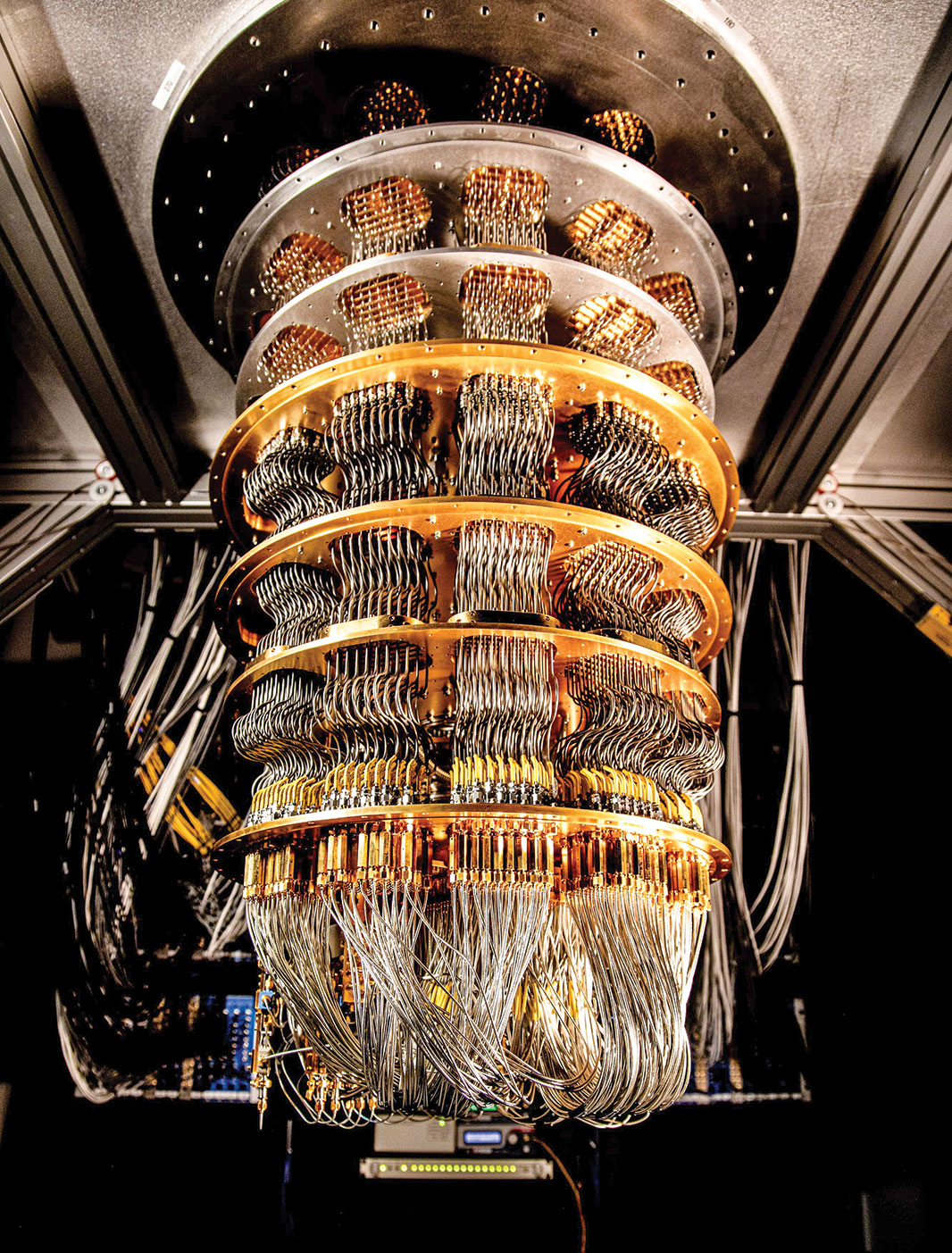Delhi HC in Zed Lifestyle Pvt Ltd. V. Hardik Mukeshbhai Pansheriya and Ors – a case of TM infringement and Intermediary Liability
Overview of the Case The plaintiff filed an infringement suit against the defendants from using any mark which is identical or deceptively similar to the plaintiff’s word and device mark “BEARDO”. The Court granted ex parte ad interim injunction dated 4 May 2021. The Court directed Amazon (the defendant No. 3) to remove the products of Defendants 1 and 2 from the “BEARDO STORE” webpage. The defendants 1 and 2 did not appear and the Court granted a permanent injunction […]









